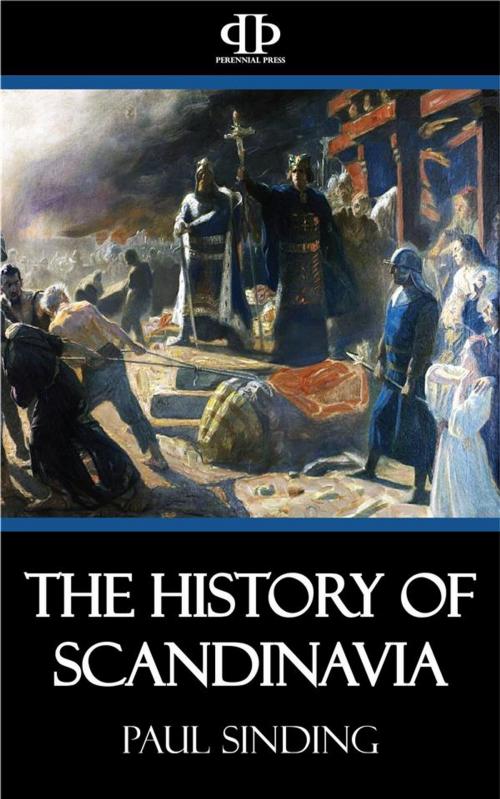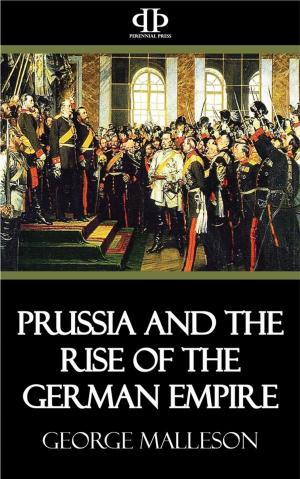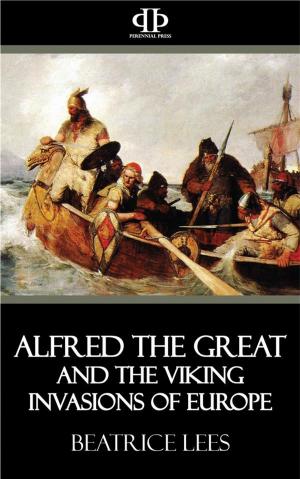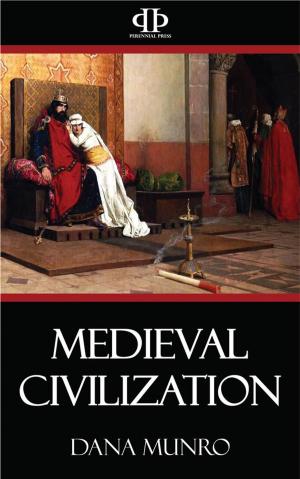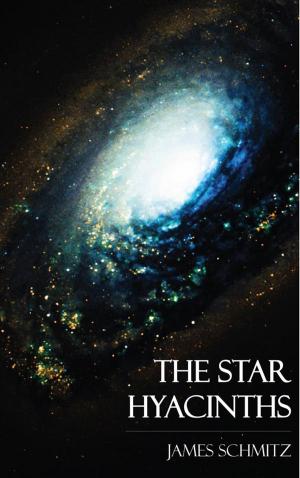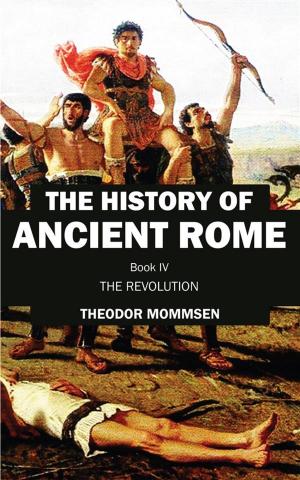| Author: | Paul Sinding | ISBN: | 9781518357725 |
| Publisher: | Perennial Press | Publication: | January 2, 2016 |
| Imprint: | Language: | English |
| Author: | Paul Sinding |
| ISBN: | 9781518357725 |
| Publisher: | Perennial Press |
| Publication: | January 2, 2016 |
| Imprint: | |
| Language: | English |
In the widest sense History must be considered the knowledge, the portraying, or the total sum of all that in nature, amongst men, and in the whole circle of experiences, there is, or comes to pass, was, or came to pass, and which accordingly only can he learnt through experience or instruction. History is, consequently, the opposite of Philosophy, which is the knowledge of all needful and universal truths, comprehensible only by the mere reason. But, nevertheless, if the cultivator of History is not guided by Philosophy, or the rules of reason. History will to him be only a barren act of memory, without life or nourishment for the understanding and heart; in short, History will not be a science to him; he will not clearly comprehend the consequences of events in their pragmatical connection. “It little concerns us to know,” says Rollin, “that there were once such men as Dschengischan, Caesar, Alexander, Gustavus Adolphus, Napoleon, Washington, and so on, and that they lived in this or that period, or died in this or that day; but it highly concerns us to know the steps by which they rose to the exalted pitch of grandeur we cannot but admire, what it was that constituted their glory and felicity, what were the causes of their declension and fall, and how in religious and moral respects they have influenced their own and after-ages; all of which we cannot obtain but by Philosophy, or more properly, by the Philosophy of History, through which we ascertain the causes of things or their phenomena. History itself is immense in reference to compass, circumference, and contents. A boundless ocean of facts and events lies behind us, while each day and each hour the stream of time is swelling in new and large billows of events, visions, and names; all of which, seen in the light of truth and pragmatical connection, are of exceeding interest and use. And of such great interest and use is the History of the Scandinavian Kingdoms, taken, as all History must be, in due connection with the contemporaneous History of other lands. This History is that of a brave and interesting people, which, on a large scale, has influenced the world, and is yet so little known to the United States, where I, however, rejoice at seeing much interest paid to the culture of science.
In the widest sense History must be considered the knowledge, the portraying, or the total sum of all that in nature, amongst men, and in the whole circle of experiences, there is, or comes to pass, was, or came to pass, and which accordingly only can he learnt through experience or instruction. History is, consequently, the opposite of Philosophy, which is the knowledge of all needful and universal truths, comprehensible only by the mere reason. But, nevertheless, if the cultivator of History is not guided by Philosophy, or the rules of reason. History will to him be only a barren act of memory, without life or nourishment for the understanding and heart; in short, History will not be a science to him; he will not clearly comprehend the consequences of events in their pragmatical connection. “It little concerns us to know,” says Rollin, “that there were once such men as Dschengischan, Caesar, Alexander, Gustavus Adolphus, Napoleon, Washington, and so on, and that they lived in this or that period, or died in this or that day; but it highly concerns us to know the steps by which they rose to the exalted pitch of grandeur we cannot but admire, what it was that constituted their glory and felicity, what were the causes of their declension and fall, and how in religious and moral respects they have influenced their own and after-ages; all of which we cannot obtain but by Philosophy, or more properly, by the Philosophy of History, through which we ascertain the causes of things or their phenomena. History itself is immense in reference to compass, circumference, and contents. A boundless ocean of facts and events lies behind us, while each day and each hour the stream of time is swelling in new and large billows of events, visions, and names; all of which, seen in the light of truth and pragmatical connection, are of exceeding interest and use. And of such great interest and use is the History of the Scandinavian Kingdoms, taken, as all History must be, in due connection with the contemporaneous History of other lands. This History is that of a brave and interesting people, which, on a large scale, has influenced the world, and is yet so little known to the United States, where I, however, rejoice at seeing much interest paid to the culture of science.
